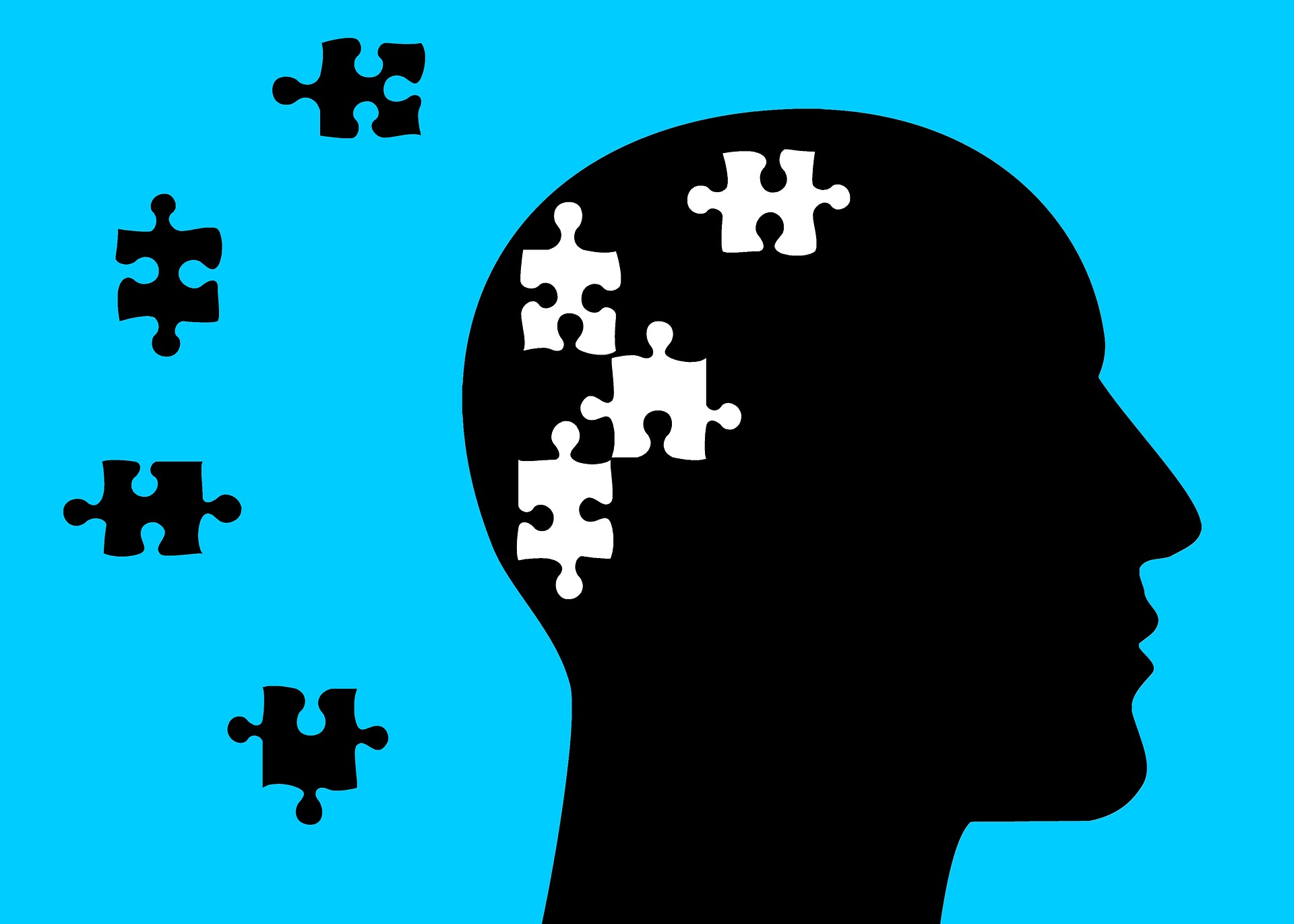
World Mental Health Day 2022: Theme, significance, impact of COVID

Every year, October 10 is observed as World Mental Health Day. It is to raise awareness about mental health around the world and mobilise efforts to support those experiencing mental health issues.
Since 2013, the World Health Organization (WHO) has organised a global campaign for World Mental Health Day.
The World Federation for Mental Health (WFMH) announced the theme for World Mental Health Day 2022, which is ‘Make mental health for all a global priority”.
Also read: Govt to soon launch national tele-mental health prog, toll-free helpline number
“Whilst the pandemic has, and continues to, take its toll on our mental health, the ability to reconnect through World Mental Health Day 2022 will provide us with an opportunity to re-kindle our efforts to protect and improve mental health,” said WHO.
“Many aspects of mental health have been challenged; and already before the pandemic in 2019 an estimated one in eight people globally were living with a mental disorder,” it added.
According to WHO, the COVID-19 pandemic has created a “global crisis for mental health”, fuelling short- and long-term stresses and undermining the mental health of millions. Estimates put the rise in both anxiety and depressive disorders at more than 25% during the first year of the pandemic.
Also read: NCERT issues guidelines to schools for early identification of mental health problems in students
Growing social and economic inequalities, protracted conflicts, violence and public health emergencies affect whole populations, threatening progress towards improved well-being; a staggering 84 million people worldwide were forcibly displaced during 2021, it said.
Stigma and discrimination
The United Nations (UN) said the stigma and discrimination that “we often fear regarding mental health can prevent us from reaching out for the support we may need”.
Stigma refers to individuals who are perceived in an adverse way due to their mental health, while discrimination refers to those who are treated adversely due to their mental health.
Also read: Pothen’s films addressed mental health much before society woke up to it
“Our mental health directly influences how we think, feel and act: it also affects our physical health. Our work culture and environment influence our overall physical and mental well-being. It is therefore important to foster an environment that is open to discussions and one that is approachable for anyone seeking help for their mental health.
“Stigma and discrimination can worsen our mental health; it can make us feel hopeless, isolated, doubtful, and reluctant to seek support. For us to break these mental health stigmas and discrimination, we must educate ourselves and others on mental health, tailor our language in a way that is comforting, and overall support others,” the UN said.


